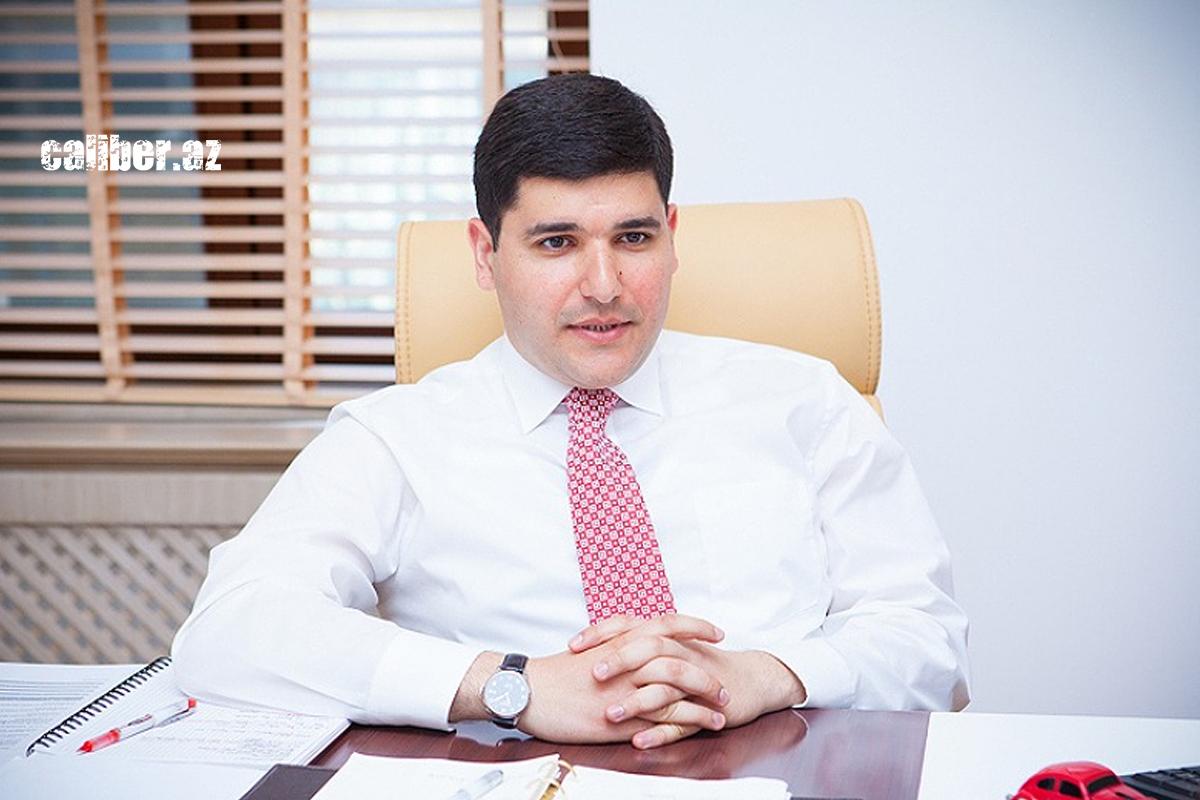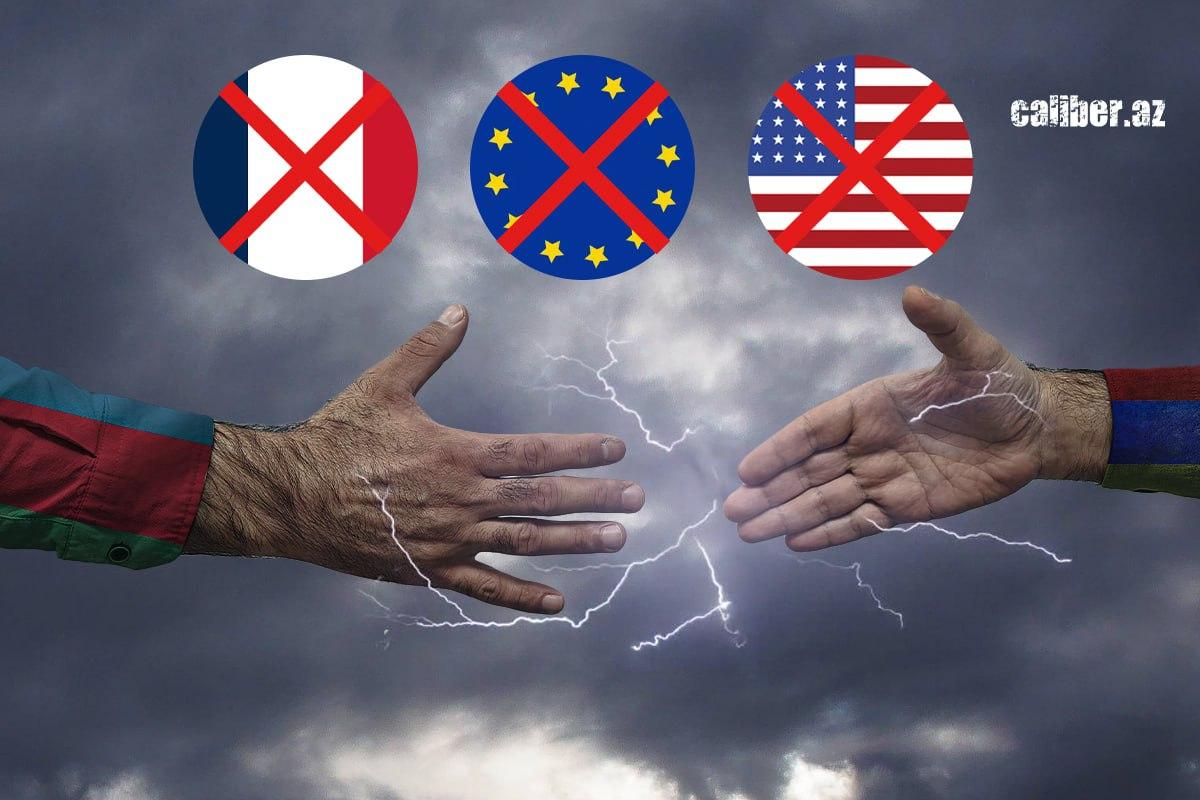In a climate of uncertainty IRI opinion poll on sentiments in Armenia
Recently, the results of a survey conducted by the American International Republican Institute (IRI) were published in Armenia. The study was carried out by phone from June 16 to 25 and included 1,505 adult citizens of Armenia. Among them were Armenian citizens who voluntarily relocated from Karabakh in 2023. Individuals who had been residing in Armenia for less than six months were not included in the list of respondents.
As expected, this development attracted the attention of the expert community. We could not ignore it either and, in our commentary, we draw on the analysis of Farhad Mammadov, head of the South Caucasus Research Center, which he shared on his social media platforms.

In response to one of the key questions—whether the country is moving in the right direction—36% answered positively, while 49% responded negatively. Of particular note, as Farhad Mammadov emphasises, is that young people (aged 18–35), for whose "peace and entertainment Pashinyan works so hard," are the most likely to view Armenia’s path as wrong—49%.
On the other hand, when asked about political preferences, the results were as follows: Nikol Pashinyan – 13%, Ararat Mirzoyan – 5%, Robert Kocharyan – 4%, Aram Sargsyan – 2%, Alen Simonyan – 2%, and all other figures – 1% each.
Most strikingly, 61% of respondents said they do not trust anyone. This could indicate that this 61% represents a segment of the Armenian electorate deeply disillusioned by the events of the past five years—yet potentially ready to support a new political force capable of inspiring them.
Meanwhile, Farhad Mammadov offers a more precise interpretation. “But who are these 61%?!” the Azerbaijani political analyst asks. By comparing the responses to another survey question—“Which party would you vote for?”—Mammadov finds that the results are nearly identical: around 60% either don’t know or don’t want to participate in elections due to a lack of trust. “And when we look at the age group of this 60%, we find that 63% of young people either don’t know who to vote for or refuse to vote,” the analyst concludes.
Based on these and other examples, Mammadov identifies youth as the most critical and decisive group. He writes: “This leads to the conclusion that young people are dissatisfied with the current situation, meaning they form the protest segment of the electorate. At the same time, the majority of youth trust neither the government nor the opposition and have not decided whether to participate in elections.”
“In other words, political organisations have work to do—and, more precisely, someone to work with. There is also potential for a third force, which must not be associated either with the current authorities or with the 'former' ones,” Mammadov continues. Here, the Azerbaijani expert reinforces the point we made at the beginning of this article.
To further support this idea, another set of survey data is worth mentioning: the older generation is more supportive of peace with Azerbaijan (58%) than the youth (only 38%). Meanwhile, 48% of young respondents expressed opposition to a peace agreement.

This likely means that in the future, the most serious challenge to Pashinyan will not come from pro-Russian forces, but rather from pro-Western political groups—since Armenia’s youth, clearly, tends to hold predominantly pro-Western views. If a charismatic leader emerges within this camp—someone who not only champions a pro-Western stance but also embraces a revanchist agenda—then Pashinyan could truly face serious difficulties.
In this context, there is one positive aspect: among those who trust the Church as an institution, the proportion of youth is smaller than that of middle-aged and older individuals—something also reflected in the survey data. Paradoxically, this means that the Church currently has the greatest influence on the segment of the population that supports peace with Azerbaijan.
“For Azerbaijan, this is valuable data supporting its position on the need for a referendum to amend Armenia’s Constitution—so that, as President Ilham Aliyev has noted, Armenia will make no claims in the future. After all, it is today’s youth who will shape that future!” Farhad Mammadov concludes.
It is worth remembering that no form of sociological polling is ever 100% representative, and the margin of error can sometimes conceal critical discrepancies from reality. This is because reality is shaped not only by what people think and say, but also by how they act—often driven by irrational impulses.
Nonetheless, the value of this particular poll lies in the fact that it presents a scenario that is far from ideal for peace—thereby compelling us to be prepared for the worst. And once we are prepared for that, perhaps the best will happen instead.








